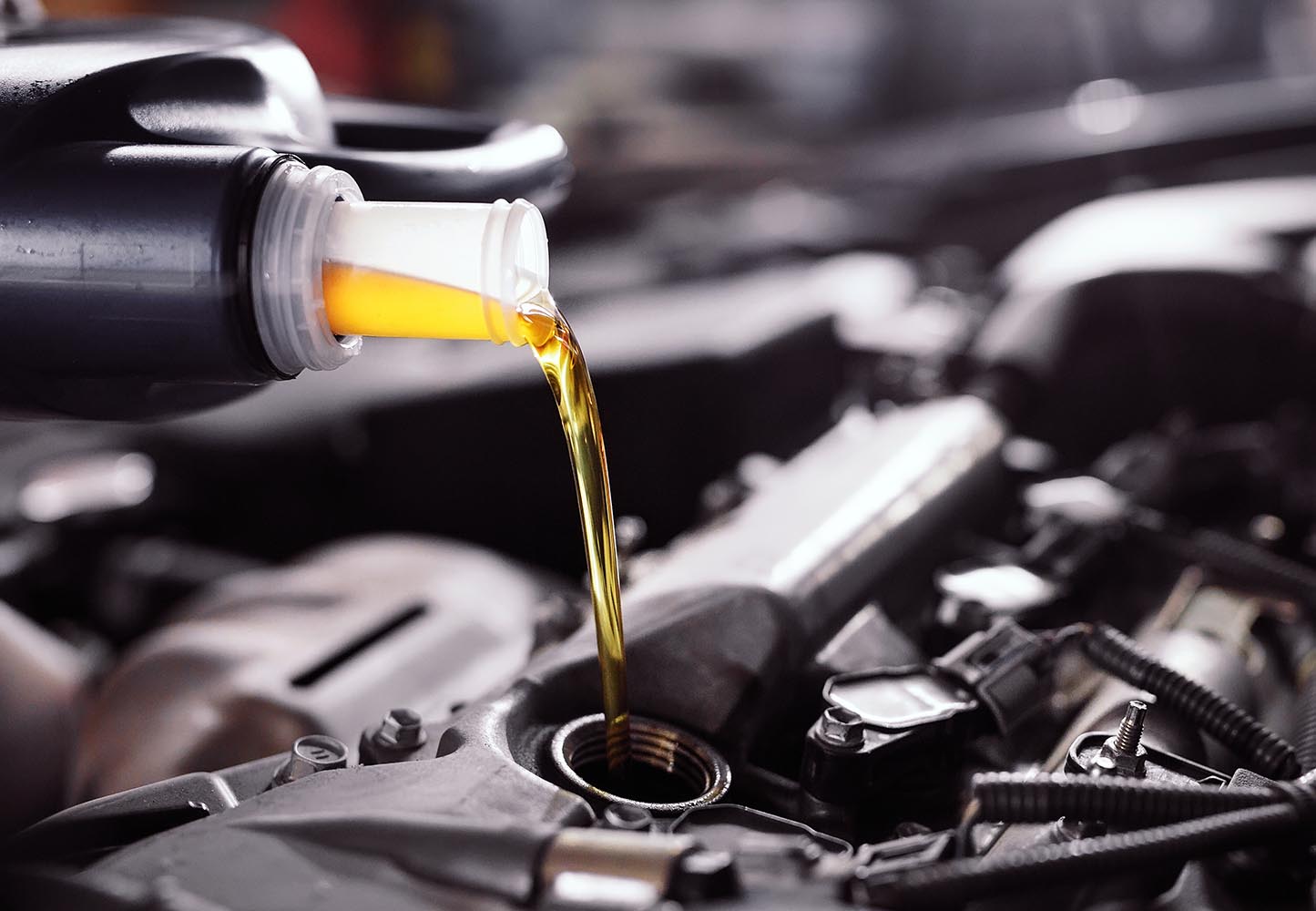
ATIEL reveals results of market survey for lubricant quality compliance in Europe
ATIEL, the technical association of the European lubricants industry, said that its engine oil quality survey programme, a key part of its efforts to improve the overall quality of automotive lubricants marketed in Europe, has confirmed the strength of the system, while also highlighting the need for more guidance and training for lubricant marketers making claims to meet the ACEA Oil Sequences.
Other findings of the 2015 survey include some products that failed to meet all the required specifications and some making incompatible ACEA claims.
The nature of the failures and incompatible claims suggests that, in most cases, the marketer did not fully appreciate the exact requirements of all the individual ACEA Oil Categories and may have misunderstood the legitimate claims that can be made.
ATIEL said it intends to address this by providing more guidance and training for marketers to help them develop a better understanding of the structure of claims and criteria for valid claims under different releases of the ACEA Oil Sequences.
Each lubricant marketer whose products were tested as part of the survey has been provided with the results for their product under conditions of confidentiality. ATIEL has received encouraging responses from these marketers, including details of what actions they intend to take to check and rectify any issues, the Brussels-based organization said.
Lubricant marketers are responsible for all aspects of product liability and the ATIEL surveys are an important mechanism for raising market awareness of quality issues and for providing confidential, independent information on their products.
As part of its proactive role to improve the overall quality level of automotive lubricants, ATIEL intends to continue its quality survey in support of the EELQMS and the ACEA Sequences, and to enhance and improve its educational activities, it said.
ATIEL is also introducing a policy to address more formally any incidences of apparent non-conformance that may be raised by future quality surveys, including direct communication and an expectation of clear corrective action being undertaken by the lubricant marketer.
ATIEL began conducting quality surveys in 2013 as a way to monitor compliance of products with the European Engine Lubricants Quality Management System (EELQMS). Compliance with EELQMS is a requirement for lubricant marketers who make performance claims against the ACEA (European Automobile Manufacturers’ Association) European Oil Sequences, which provide specifications for engine oils used in light- and heavy-duty vehicles.
The surveys of passenger car engine oil products marketed across Europe are funded by ATIEL members but are conducted by an independent body. They have become an ongoing activity and core part of ATIEL’s Quality Management Committee’s work.
The first survey in 2013 provided important learnings for the right types of products to include, which analytical tests to carry out and how to interpret the results.
The second survey, carried out last year, has refined the methodology and broadened the scope to look at products from both ATIEL members and many other lubricant marketers who are signatories to the EELQMS. The results have found no evidence of any fails that could be termed a “major non-conformance” in that they would likely lead to accelerated engine failure in the short term, ATIEL said.











